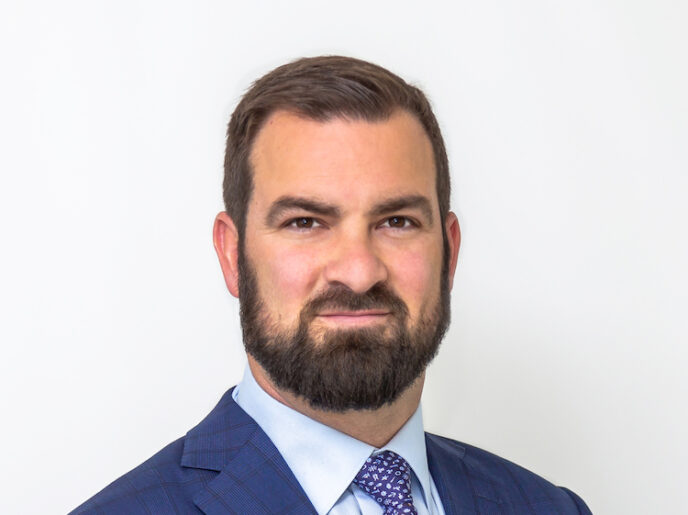The Australian Automotive Dealer Association acknowledges the progress made by the government on the NVES but remains conscious of the challenges facing its members.
“This is not the vehicle emissions standard the industry has asked for, but we recognise that the Government has listened to the industry, made significant changes to its original policy, and is seeking to strike a balance between the needs of competing interests,” said AADA chief executive James Voortman.
“We welcome the revision of the LCV headline targets, the re-categorisation of the body-on-frame SUVs into the LCV category, and the commitment to provide $60 million to boost EV charging at Australian dealerships.

“We are now committed to working with the Government on a range of crucial issues affecting dealers, including ensuring that this policy is compliant at the point of sale, not the point of importation; implementing meaningful automotive franchising reform; and addressing the enormous investment task facing dealers in this transition.
“These are critically important issues for automotive retailers, and if left unaddressed, the NVES could have dire consequences for dealers—we welcome the Government’s commitment to working with us on these matters.
“Make no mistake, this is a significant regulatory intervention into the automotive industry. While we understand and accept the Government’s objectives, we would also urge them to work with the industry to identify any unintended consequences arising from this policy.
“As this policy is implemented over the next five years, the government must be open to these standards, constantly review market developments, and make sensible changes if necessary.
“The first review will commence in 2026, and this will be an opportunity to assess the first two years of the NVES and determine whether the settings are appropriate for the incredibly challenging outer years of the policy.
“This is a contentious issue in our industry, and dealers are anxious. We urge the Government to consider the needs of these businesses, which employ more than 60,000 people, invest in cities and towns across the nation, and provide so much support and sponsorship to their communities,” he said.








